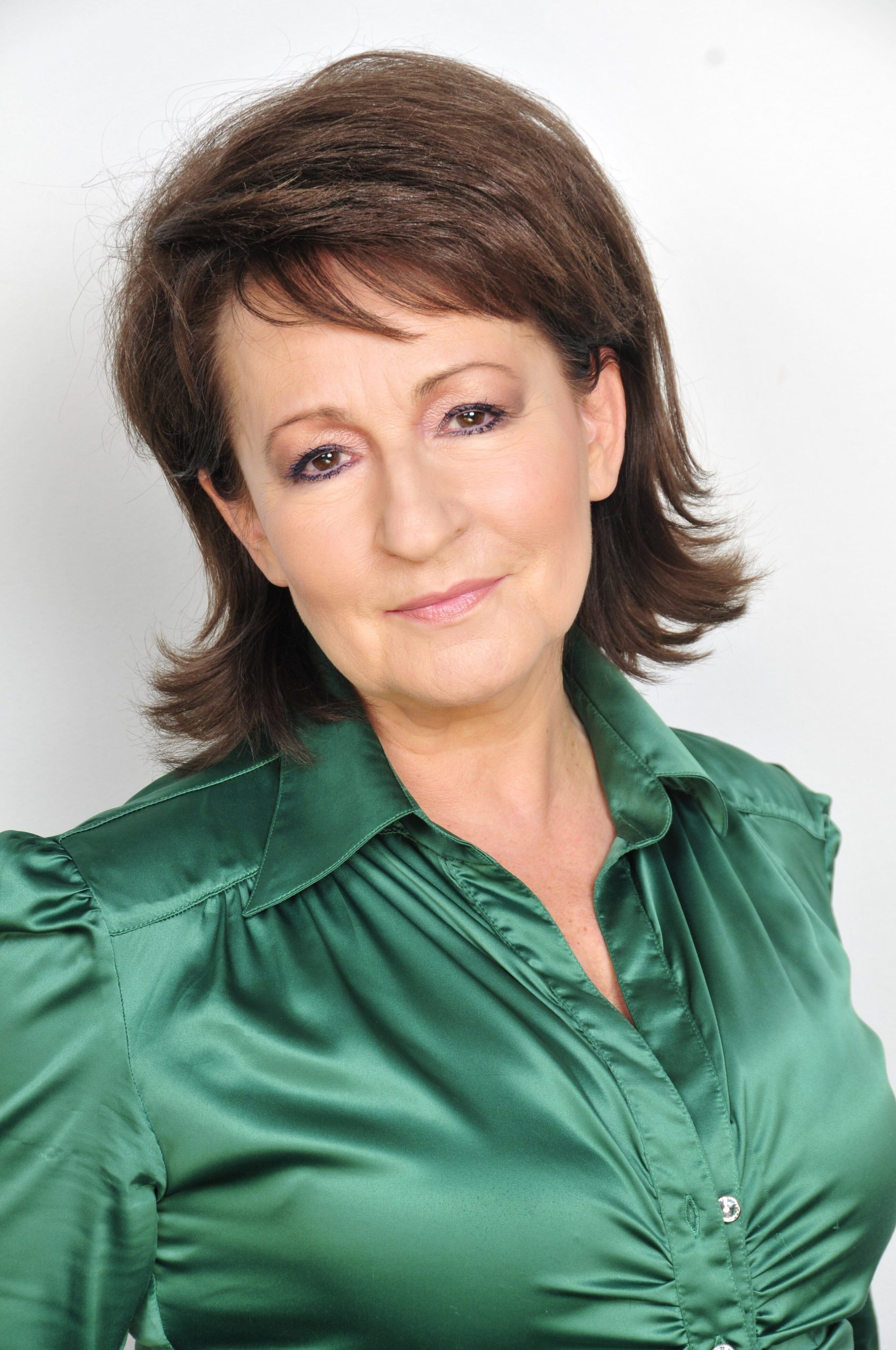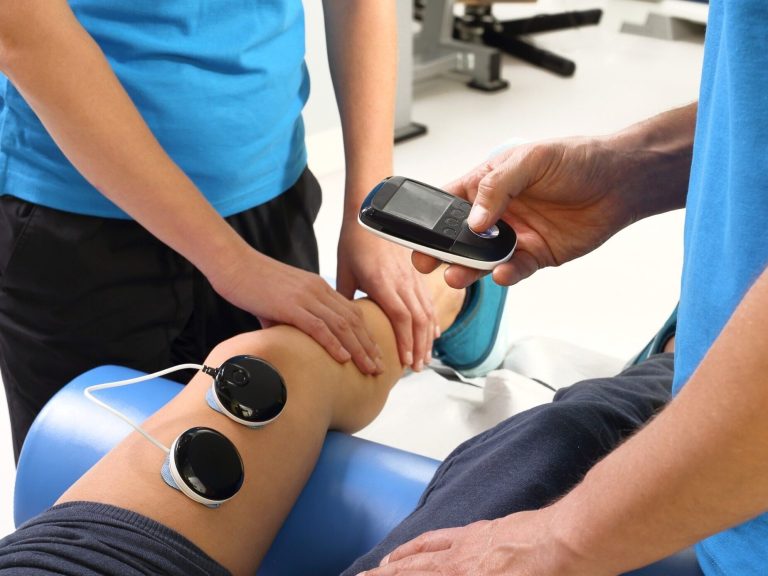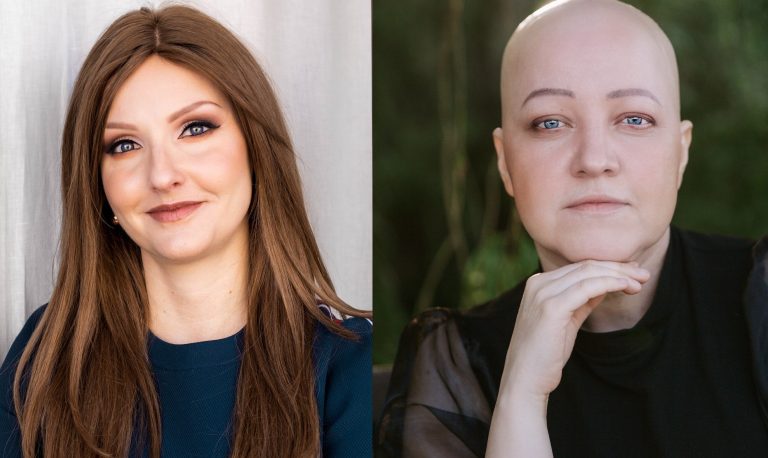Shingles causes the underlying disease to progress

“It is a very painful disease of the skin and subcutaneous tissue. Nerve pain persists for many weeks, months and even years. It requires intervention with strong painkillers” – an interview with Dr. Grażyna Cholewińska, head of the Provincial Infectious Diseases Hospital in Warsaw .
Are people with shingles hospitalized at the Provincial Infectious Diseases Hospital?
Of course, very often. Shingles is a viral disease caused by the Varicella zoster virus, which causes two diseases. Upon first contact, the virus causes chickenpox. After becoming ill, the body does not get rid of the virus, it can survive in the sensory ganglia for even many decades. Adults, especially older people or those with immune deficiencies, are at risk of the virus “waking up”, multiplying and causing a disease called shingles. The name “shingles” comes from the fact that the blisters and skin lesions occur on one side of the body.
Shingles is not a trivial disease if sick people go to hospital?
It is a very painful disease of the skin and subcutaneous tissue, both in the acute period, when lesions appear on the skin, and after the skin lesions have healed. Nerve pain (neuropathic) persists for weeks, months, or even years. This pain requires intervention with strong painkillers; sometimes these are narcotic drugs, opiates. Unfortunately, the consequence is that older people become accustomed to these drugs. Patients are often referred to a pain clinic where they receive special treatments and injections into the nerve to relieve pain. It is so strong because the disease runs along the nerves. Nerve fibers run under the skin and are inflamed and damaged by the disease process. Chronic pain is the most common complication, but not the only one, because it is a neurogenic virus: it can cause, among others: meningitis and encephalitis, viral pneumonia in older people, and in younger people – inflammation of the nose, throat and sinuses.
For whom is the disease particularly dangerous?
For older people, as well as the so-called immunoincompetent, i.e. those who have reduced immunity. These are especially hemato-oncological patients, i.e. with leukemia, lymphoma, Hodgkin's disease, as well as people with cancer, after organ transplants, after removal of the spleen, HIV-positive, in the period of full-blown AIDS, with rheumatoid arthritis, systemic lupus, autoimmune thyroid disease Hasihmoto. When the failure of the immune system is clear and significant, the virus takes advantage of this, begins to multiply and causes seeding on the skin in the form of vesicles.
Some patients have such serious symptoms that they need to be treated in hospital?
Most people with an immune deficiency in the course of their underlying disease have severe herpes zoster. They are often referred to an infectious diseases hospital. In most cases, the onset of the disease is characteristic: 3 to 5 days before the lesions appear on the skin, the patient has general infectious symptoms: weakness, headache, sub-febrile condition. Tingling, numbness, itching or pain may appear in some places: this is a sign that blisters containing serous fluid will soon appear on the skin. It contains an active virus that multiplies. Depending on the location of herpes zoster lesions, we may be dealing with shingles of the head (lesions occur along the innervation of the facial nerve), thoracic, or lumbar (the most common). There is also damage to the cranial nerves, Ramsay Hunt's syndrome (so-called auricular herpes zoster; the geniculate ganglion of the facial nerve is affected, pain in the ear appears, a vesicular rash around the auricle, hearing loss or balance disorders, often with facial nerve paralysis – note. ed.).
Musician Justin Bieber showed his photos on the Internet, which showed that he had damage to the auditory nerve and paralysis of half of his face. He couldn't sing, his eyelids wouldn't close, his mouth wouldn't close, fluids were pouring out of his mouth. This is not a trivial disease.
I know patients who developed shingles during cancer treatment, especially radiation therapy, which affects the skin. They had to have their treatment interrupted because an acute infectious disease is a contraindication to continuing oncological treatment or radiotherapy.
There are also elderly people in the hospital who have had shingles. Long-term stress and depression, e.g. after the death of a spouse, are enough for a severe form of shingles to develop. The risk increases with age. From the age of 50, the degradation processes of the immune system begin. The older a person is, the greater the risk of developing shingles and the stronger and greater the neuropathic pain. We ask the patient to mark his pain on a 10-point scale: usually, patients with shingles mark 9 or 10. The pain does not let you sleep and causes depression.
There are scientific studies that prove that people after the acute phase of shingles have an increased risk of changes in blood vessels, a greater risk of stroke or heart attack, because immunological processes trigger cytokines that cause clots to accumulate in small blood vessels. This is not a trivial disease.
Who would you recommend getting vaccinated against shingles?
The most effective method of preventing the disease and its complications is vaccination. The shingles vaccine is a two-dose vaccine. The Summary of Product Characteristics mentions the prevention of shingles by vaccination in two categories of people. Firstly, in all people over 50 years of age, and secondly, in people over 18 years of age at high risk of developing shingles, i.e. in people who have comorbidities. The effectiveness of the vaccination is over 90%. in high-risk populations. The vaccine is well-studied. Vaccinations are recommended by the CDC and a number of scientific societies, including: Polish Society of Vaccinology, Polish Society of Family Medicine, Polish Dermatological Society, Polish Society for the Study of Pain.
Recently, the vaccine in Poland has been 50% reimbursed. for patients 65+ with comorbidities. It would be optimal if vaccination was free for this group?
Certainly yes, today a 50- or 60-year-old must be vaccinated at full cost. However, it is very good that there was a refund so quickly, at least for some people. This is the beginning, perhaps the reimbursement will be extended, just like it was with the flu vaccine. It is certainly very important that all older people have the opportunity to be vaccinated, and for them the financial barrier is a serious problem. It is also important that younger people with weakened immunity get vaccinated. You can get vaccinated against other diseases at the same time, including: influenza, pneumococci, tetanus, whooping cough.
If you saw patients in your clinic, would you recommend the vaccine?
Definitely yes. When I ask the patient why she did not get vaccinated despite the high burden of disease that poses a risk of severe shingles, she says that she did not know there was a vaccine and that if she had known, she would have gotten vaccinated. We need to talk about this disease. Recently, it was “shingles awareness week”, many materials appeared in the media, many people heard about the disease and vaccination. It is important for family doctors to remind people about vaccination.
Shingles causes the patient's underlying disease to progress. One of my patients had bladder cancer, he had surgery and had radiation. After two cycles, he had to go to an infectious disease hospital because he contracted disseminated shingles. Oncological treatment was interrupted for several months because the pain continued. At that time, a lung metastasis occurred.
One more thing: the painkillers used to treat postherpetic neuralgia are very strong. I know older people who were addicted to them after three weeks of taking opiate medications. Even though most people get shingles only once in their lives, 6-8% of them get shingles. people get sick several times in their lives. I know patients who have had shingles even three times. None of us knows whether in a few years we will develop an oncological disease, need a kidney transplant or take immunosuppressive drugs, which will destroy the body's immunity. Then you can find yourself in this group of 6-8 percent. patients who will fall ill again. It's not worth the risk.






